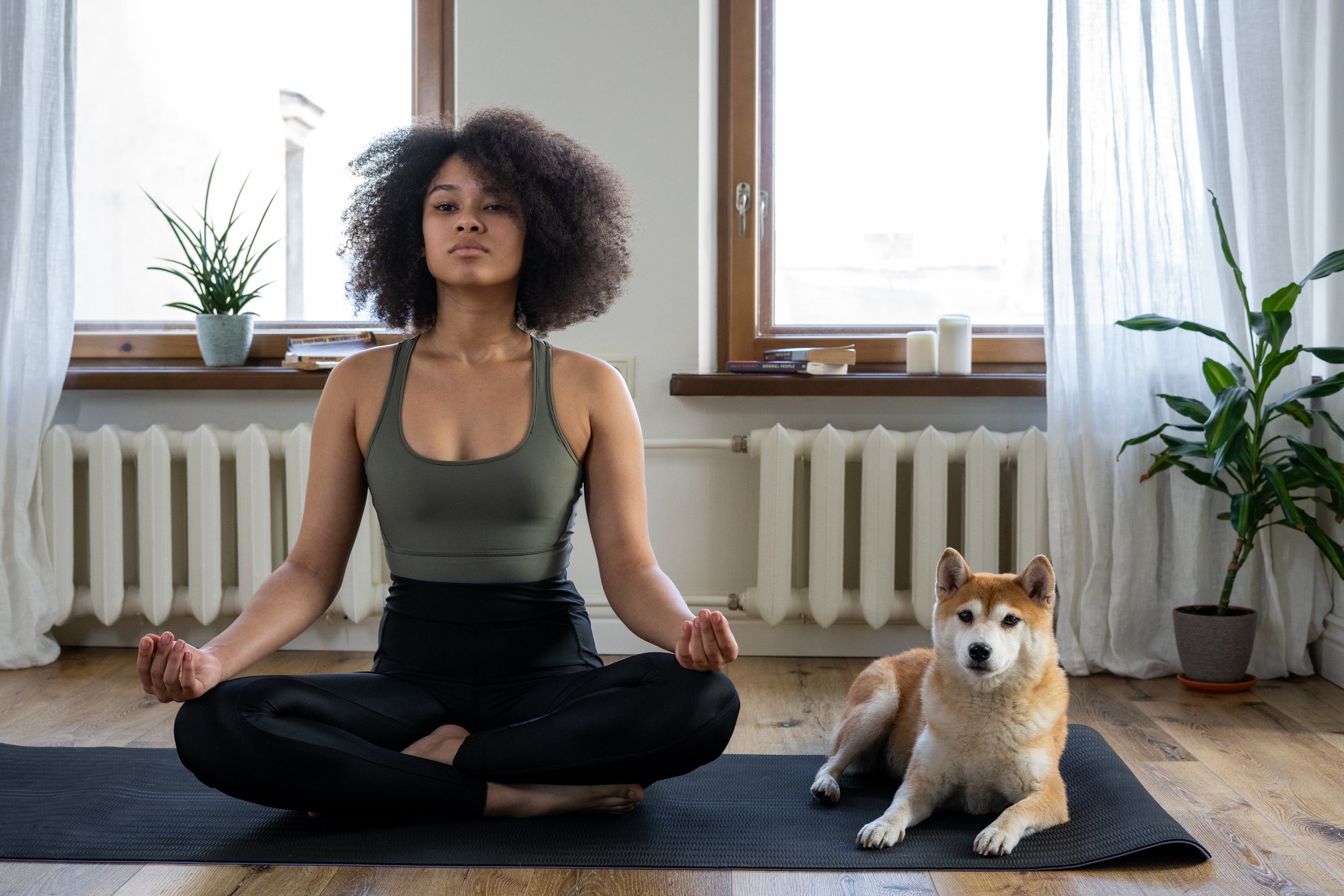It is easy to assume that feeling needy, worried, or “too much” in relationships means you have an anxious attachment style, but that is not always the case. Many people experience insecurity at times, especially in new relationships or moments of uncertainty. Insecurity is a feeling. Anxious attachment is a pattern. And while the two can look similar on the surface, understanding the difference can help you avoid mislabeling yourself and begin addressing the real issue underneath.
In this guide, we will break down how anxious attachment differs from everyday insecurity, why the distinction matters, and how each one shows up in your thoughts, emotions, and behavior. Whether you are trying to understand your own patterns or you are simply curious about relationship psychology, this breakdown will give you clarity, language, and practical insight you can use right away.





























